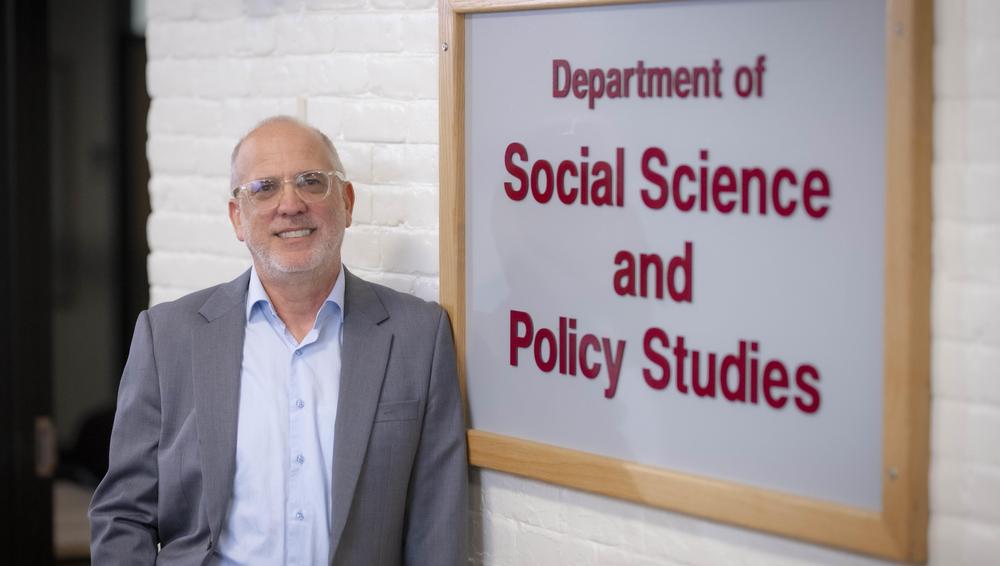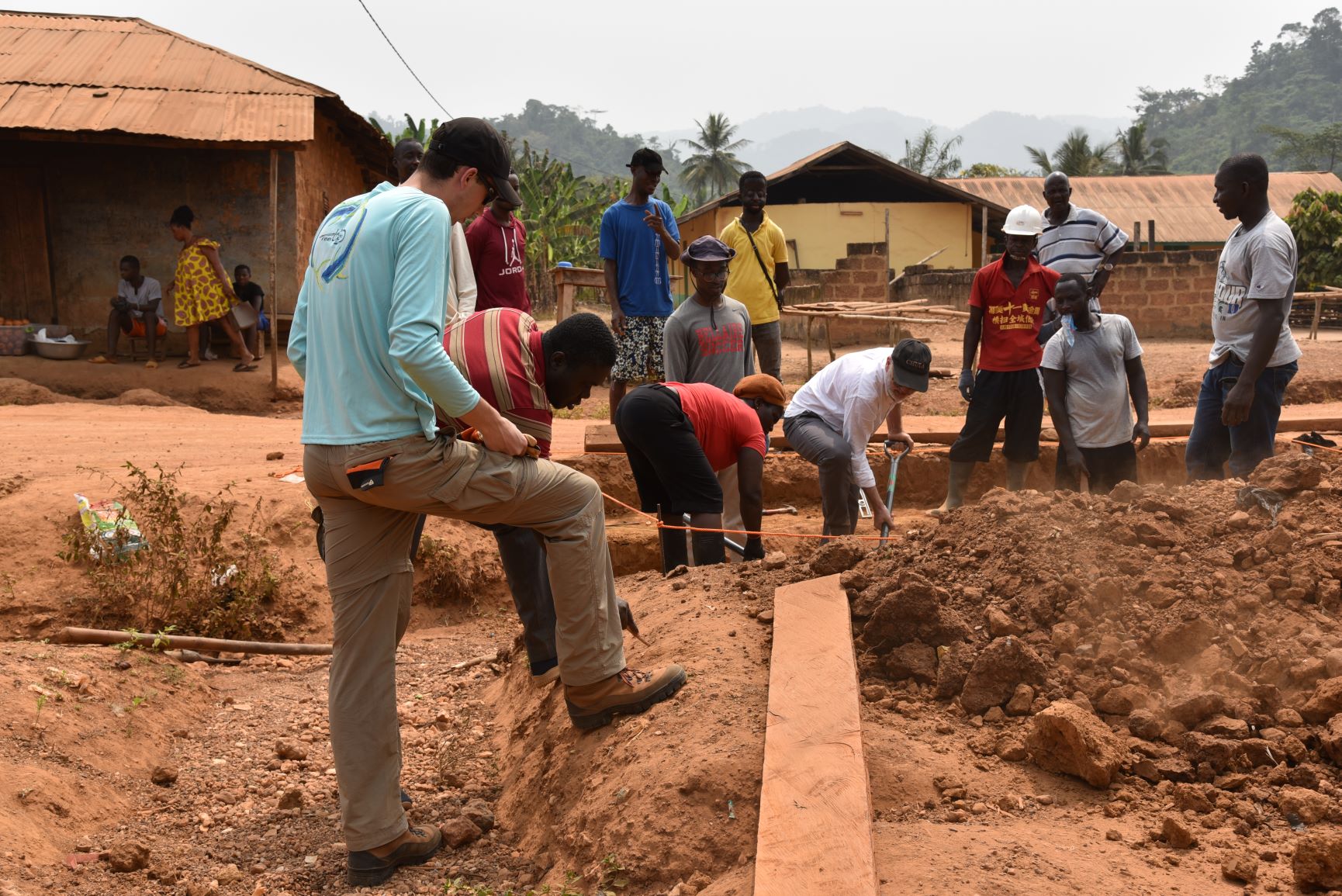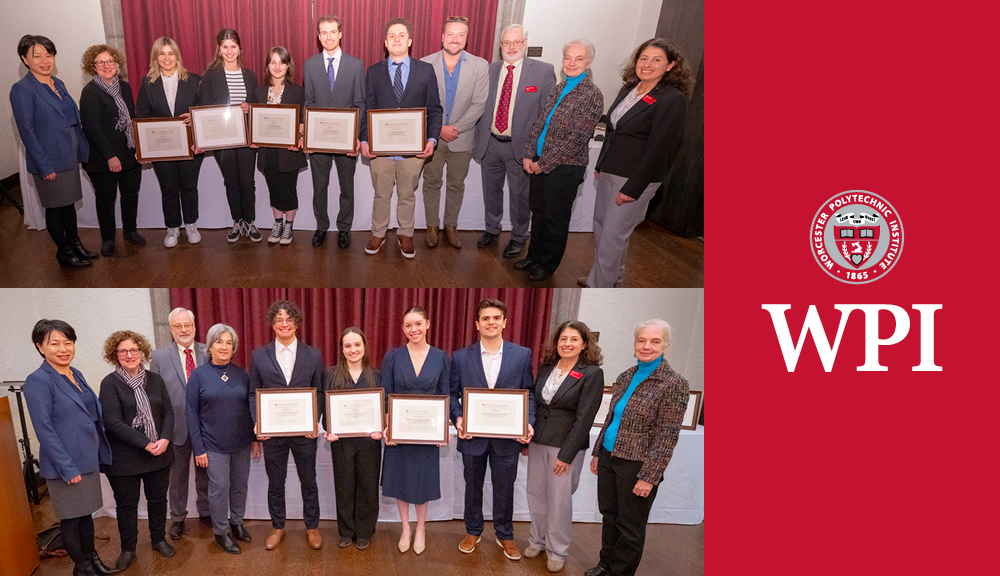Great Minds Multiplied Speaker Series
Three Men Who Quit Their Jobs to Save the World is a panel discussion with Martin Burt, Jim Fruchterman, and Bart Weetjens, who will discuss how they use technology to address social, health, and safety issues. Scheduled at Higgins House on the WPI campus, the forum is free and open to the public on Monday, Feb. 24 at 2 p.m., with a reception at 3 p.m.
The program brings together three internationally recognized social entrepreneurs who will explain their career trajectories and approaches to fight poverty in Paraguay, apply technology to transform lives around the world, and use rodents to detect landmines and tuberculosis.
The Great Minds Multiplied Speaker Series engages WPI’s science, engineering, and business students and faculty members, as well as the broader community, in conversation and debate to stir critical thinking—an essential component of WPI’s project-based curriculum.
University Lecture
At 5 p.m. on Monday, Feb. 24, the public is invited to the annual University Lecture Series, a forum for speakers of national and international importance to enhance scholarly and scientific learning and to stimulate the intellectual climate of the university and surrounding communities. Bjorn Lomborg, adjunct professor at the Copenhagen Business School and founder of Copenhagen Consensus Center, will deliver the 2014 University Lecture, "Prioritizing Our Greatest Problems Versus Prioritizing Our Efforts to Find Solutions." The lecture will be held at Alden Memorial on the WPI campus. A reception will immediately follow.
About the speakers
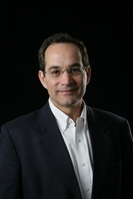 Martin Burt, founder and CEO of Fundación Paraguay, a 25-year-old NGO, developed one of the world’s first financially self-sufficient agricultural and tourism schools for the rural poor. He also co-founded Teach a Man to Fish, a global network based in London that is partnering with more than 50 organizations from 27 countries to establish self-sufficient schools, mostly in rural areas. His activities with the World Economic Forum include participation on the Education Global Agenda Council and membership in the Latin American Entrepreneurship Group. Burt has received the World Innovation Summit for Education (WISE) Award, the Microfinance Award from the Inter-American Development Bank, the Outstanding Social Entrepreneur Award from the Schwab Foundation, the Skoll Foundation Social Entrepreneur Award, the Ashoka Changemakers Award, the Oikocredit Award, the Templeton Freedom Award, and distinguished alumni awards from George Washington University and the University of the Pacific.
Martin Burt, founder and CEO of Fundación Paraguay, a 25-year-old NGO, developed one of the world’s first financially self-sufficient agricultural and tourism schools for the rural poor. He also co-founded Teach a Man to Fish, a global network based in London that is partnering with more than 50 organizations from 27 countries to establish self-sufficient schools, mostly in rural areas. His activities with the World Economic Forum include participation on the Education Global Agenda Council and membership in the Latin American Entrepreneurship Group. Burt has received the World Innovation Summit for Education (WISE) Award, the Microfinance Award from the Inter-American Development Bank, the Outstanding Social Entrepreneur Award from the Schwab Foundation, the Skoll Foundation Social Entrepreneur Award, the Ashoka Changemakers Award, the Oikocredit Award, the Templeton Freedom Award, and distinguished alumni awards from George Washington University and the University of the Pacific.
 As a child in Belgium, Bart Weetjens made money by breeding rodents in his home. But in the 1990s, he found a way to use rats to solve a serious humanitarian issue: the lethal danger of landmines in Africa. Knowing that the main problems in navigating mined areas were the high cost, the danger, and the time-intensive work of detection, and realizing that mine detection dogs did not fare well in Africa, Weetjens decided to use local rats, which were cheaper, already accustomed to the environment, and easy to train. Although initially mocked by the leading experts in the mine removal field, he persisted, and in 1997 the Belgian government provided a grant that allowed Weetjens and his team to create HeroRATS, a leading technology in African mine detection. That breakthrough led to the foundation of APOPO, an organization aimed at developing efficient methods for the detection of landmines and disease. In 2008 Weetjens’s mine-detection rats were responsible for the reopening of more than 400,000 square meters of African land that had been suspect to landmines.
As a child in Belgium, Bart Weetjens made money by breeding rodents in his home. But in the 1990s, he found a way to use rats to solve a serious humanitarian issue: the lethal danger of landmines in Africa. Knowing that the main problems in navigating mined areas were the high cost, the danger, and the time-intensive work of detection, and realizing that mine detection dogs did not fare well in Africa, Weetjens decided to use local rats, which were cheaper, already accustomed to the environment, and easy to train. Although initially mocked by the leading experts in the mine removal field, he persisted, and in 1997 the Belgian government provided a grant that allowed Weetjens and his team to create HeroRATS, a leading technology in African mine detection. That breakthrough led to the foundation of APOPO, an organization aimed at developing efficient methods for the detection of landmines and disease. In 2008 Weetjens’s mine-detection rats were responsible for the reopening of more than 400,000 square meters of African land that had been suspect to landmines.
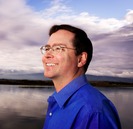 Jim Fruchterman, a leading social entrepreneur who believes that technology holds the key to allowing disadvantaged people to achieve more equality in society, is CEO of Benetech, a nonprofit technology company based in Palo Alto, Calif. He is a former rocket scientist who creates technological social enterprises targeting underserved communities. In 1989 he founded Arkenstone, a nonprofit social enterprise that produces reading machines the blind. In 2000 the nonprofit changed its name to Benetech and began creating new technology for people with disabilities and for the human rights and environmental conservation communities. Fruchterman has received a MacArthur Fellowship and the Skoll Award for Social Entrepreneurship.
Jim Fruchterman, a leading social entrepreneur who believes that technology holds the key to allowing disadvantaged people to achieve more equality in society, is CEO of Benetech, a nonprofit technology company based in Palo Alto, Calif. He is a former rocket scientist who creates technological social enterprises targeting underserved communities. In 1989 he founded Arkenstone, a nonprofit social enterprise that produces reading machines the blind. In 2000 the nonprofit changed its name to Benetech and began creating new technology for people with disabilities and for the human rights and environmental conservation communities. Fruchterman has received a MacArthur Fellowship and the Skoll Award for Social Entrepreneurship.
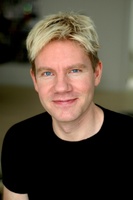 Bjorn Lomborg has simple advice for addressing environmental challenges: find the smartest approaches and focus on them. He has shared that credo in commentaries for major newspapers and in appearances on major networks. His best-selling book The Skeptical Environmentalist challenges widely held beliefs that the environment is getting worse. His 2007 release, Cool It: The Skeptical Environmentalist’s Guide to Global Warming, further analyzes what today’s science tells us about global warming and its risks. He was named one of the world’s 100 most influential people by Time magazine in 2007.
Bjorn Lomborg has simple advice for addressing environmental challenges: find the smartest approaches and focus on them. He has shared that credo in commentaries for major newspapers and in appearances on major networks. His best-selling book The Skeptical Environmentalist challenges widely held beliefs that the environment is getting worse. His 2007 release, Cool It: The Skeptical Environmentalist’s Guide to Global Warming, further analyzes what today’s science tells us about global warming and its risks. He was named one of the world’s 100 most influential people by Time magazine in 2007.
